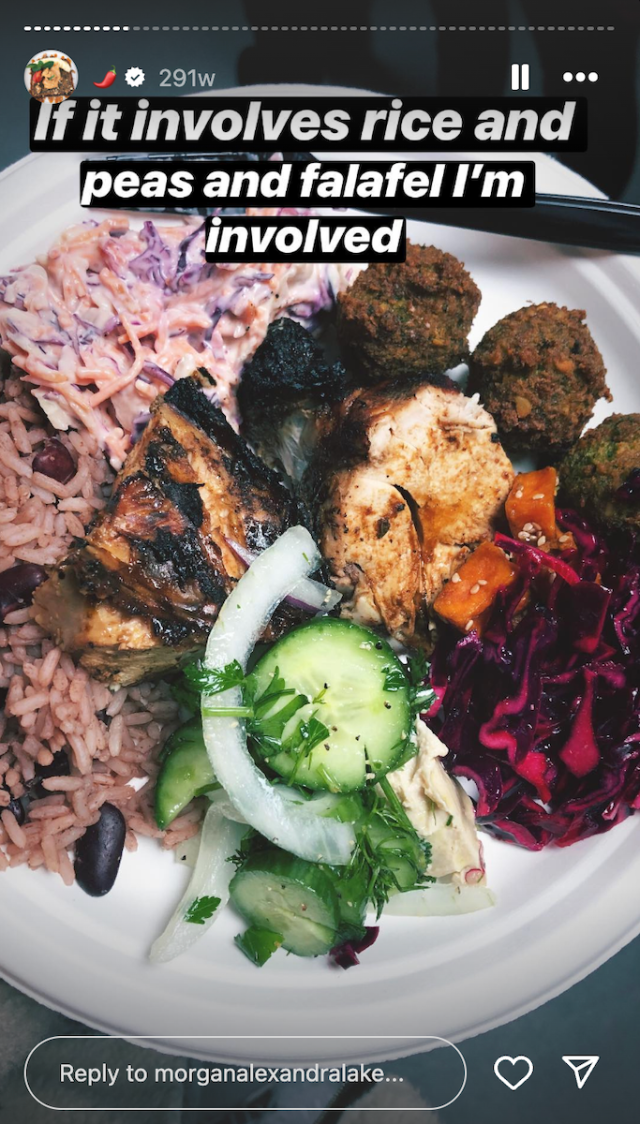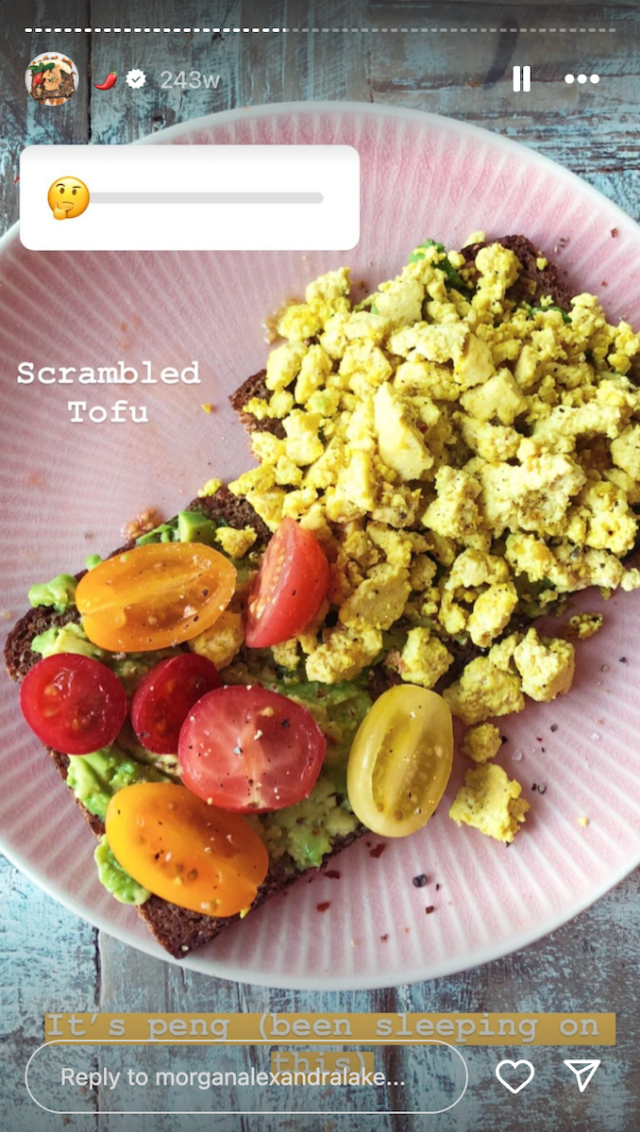Morgan Lake in Workout Gear Says “Season Started”

Morgan Lake is training in her new Puma workout gear. In a recent social media post the Olympian shows off her amazing body in a few different workout ensembles. “Thank you Doha 💎 season started 🫡+ in love with the @pumarunning kit this year,” she captioned the series of Instagram snaps and videos. How does she approach diet, fitness, and self-care? Here is everything you need to know about her lifestyle habits.
Protein and Carbs

Morgan is all about nutrition and fueling her body with everything it needs to perform. “The week before a big competition it’s really important to get enough protein to refuel after your training sessions and enough carbohydrates, normally 48 hours before the competition to ensure you’ve got enough energy. Obviously, a competition can last up to two hours, or even more, so that’s probably the most important thing,” she told Red Bull.
Here Is What She Eats in a Day

“For breakfast I usually have avocado on toast, with either smoked salmon or egg, so I’ve always got carbs, fat and protein first thing in the morning,” she says. Lunch, “depends on what day it is, so if I’m training again that afternoon I’ll probably have something a bit higher in carbohydrates, like a chicken pesto wrap or tabbouleh and falafel,” she says. “Dinner is where I try and get protein in, so I have something like salmon or a tuna steak with sweet potato and veg.”
Chicken and Carbs the Night Before a Competition
The evening before a big competition, she has a go-to formula. “It depends. I’ll usually have something like chicken and then some sort of carb – maybe sweet potato or pasta, or a wrap. That’s what I tend to go towards but there’s nothing in particular I always have. Nothing too exciting!” she says.
4 to 5 Workouts a Week
Morgan exercises almost every day. “ I’m working out four or five days a week for about two and a half hours at a time. It’s a mix of circuit training, speed work, technical work on things like javelin [running and throwing a spear] and endurance. I have different coaches for different events, like a sprint coach and a high jump coach. My dad oversees the whole program to make sure everything is balanced,” she told SELF.
Stretching
Morgan also stretches to prevent injury. “For me releasing tight hip flexors is one of the most important things. I do this by doing lying hip rotations, open lizard stretch and a kneeling lunge. These stretches help me to relax after an intense workout session and also prevent injuries. After every workout session – whether running or training – you should make sure that you stretch properly and have a bit of a cool down,” she told Elle.




